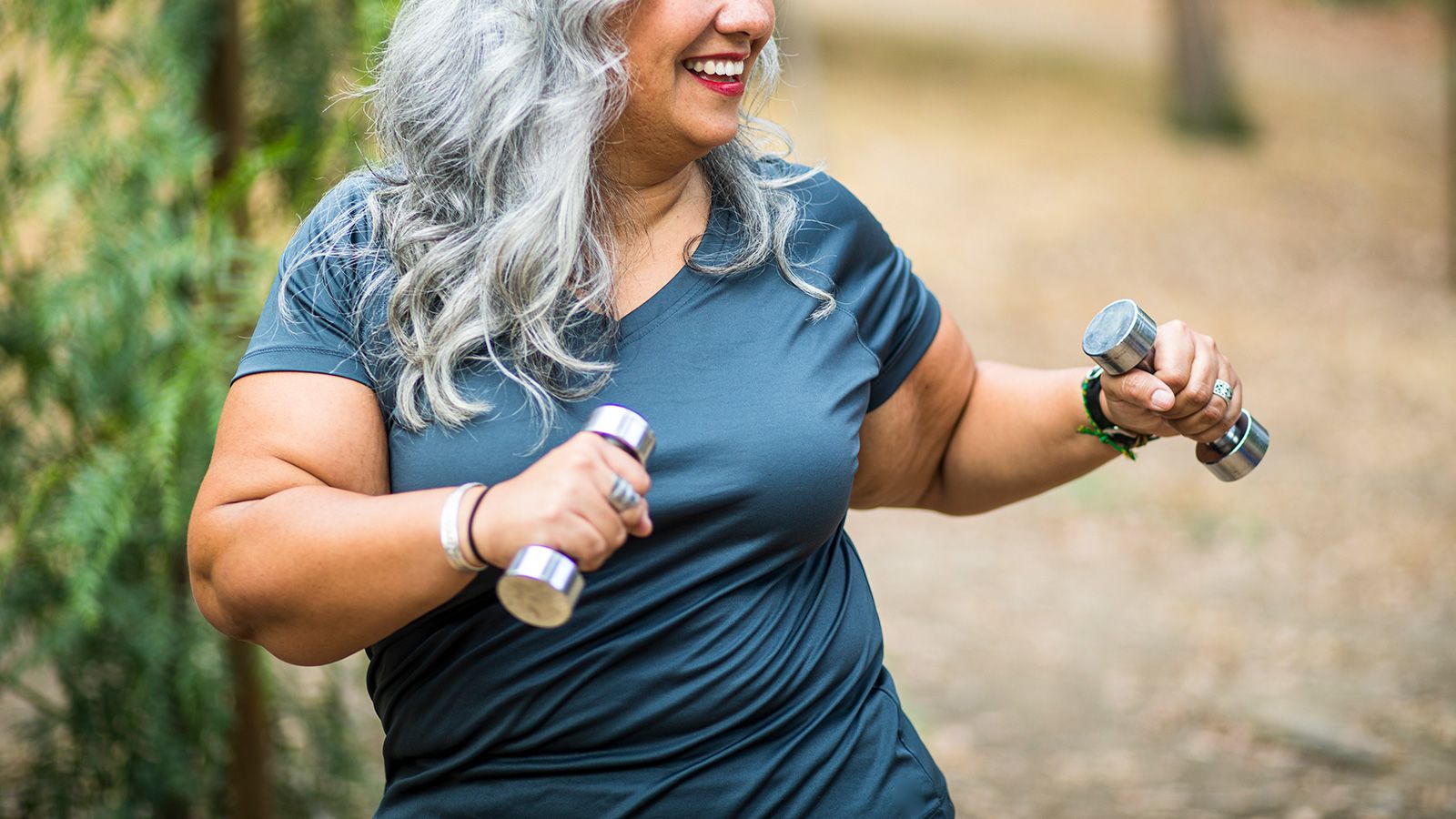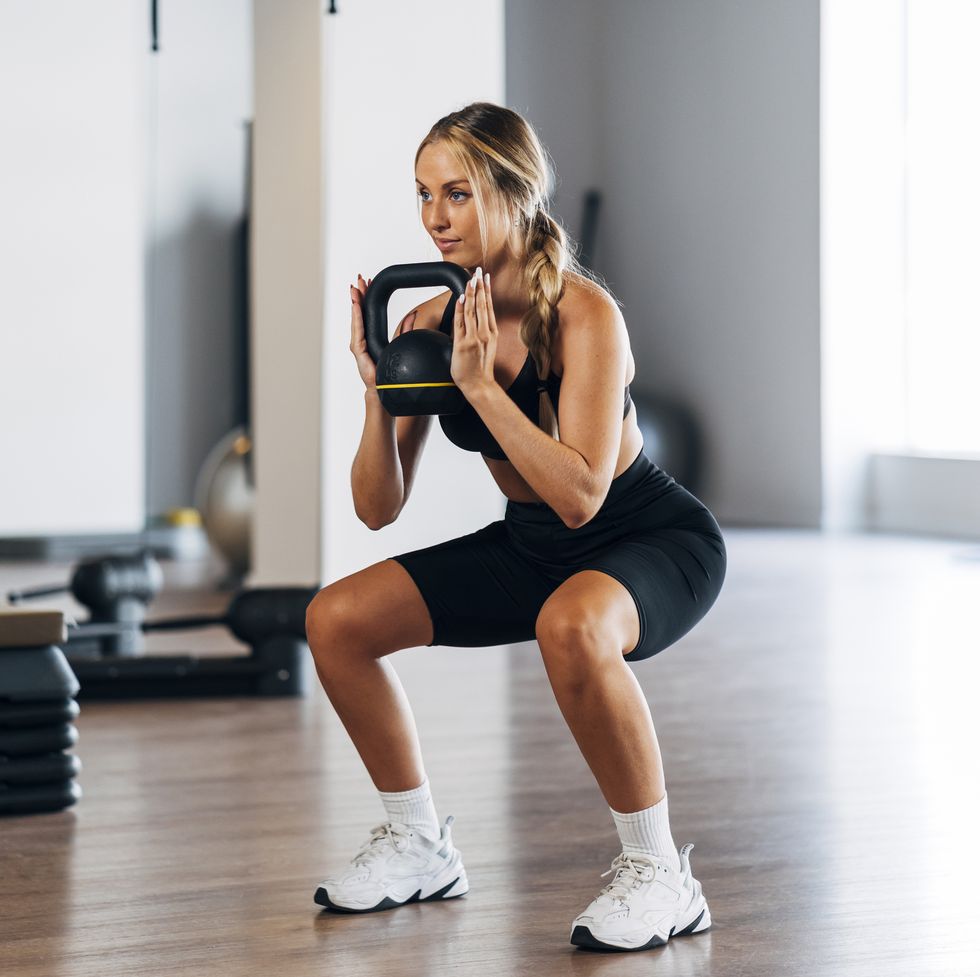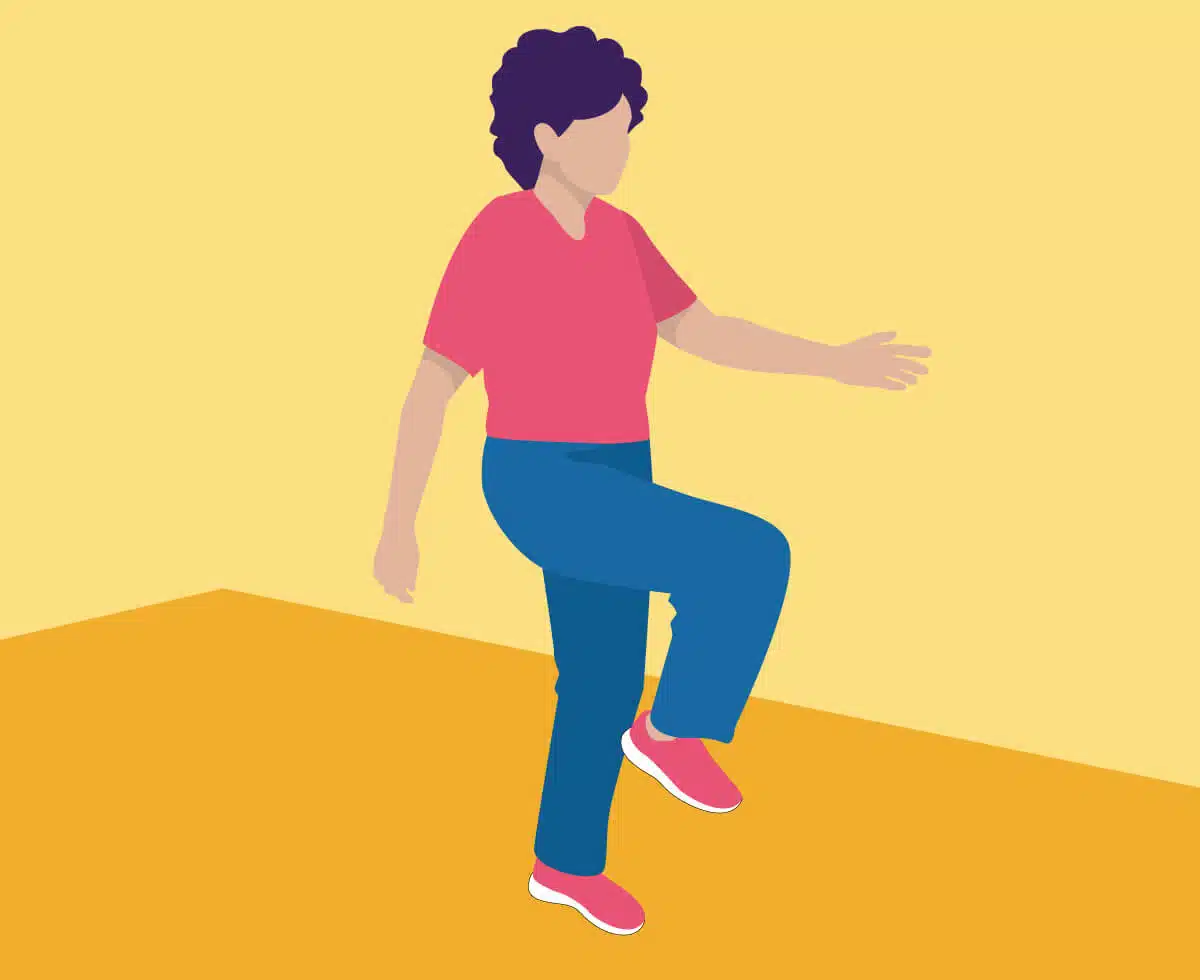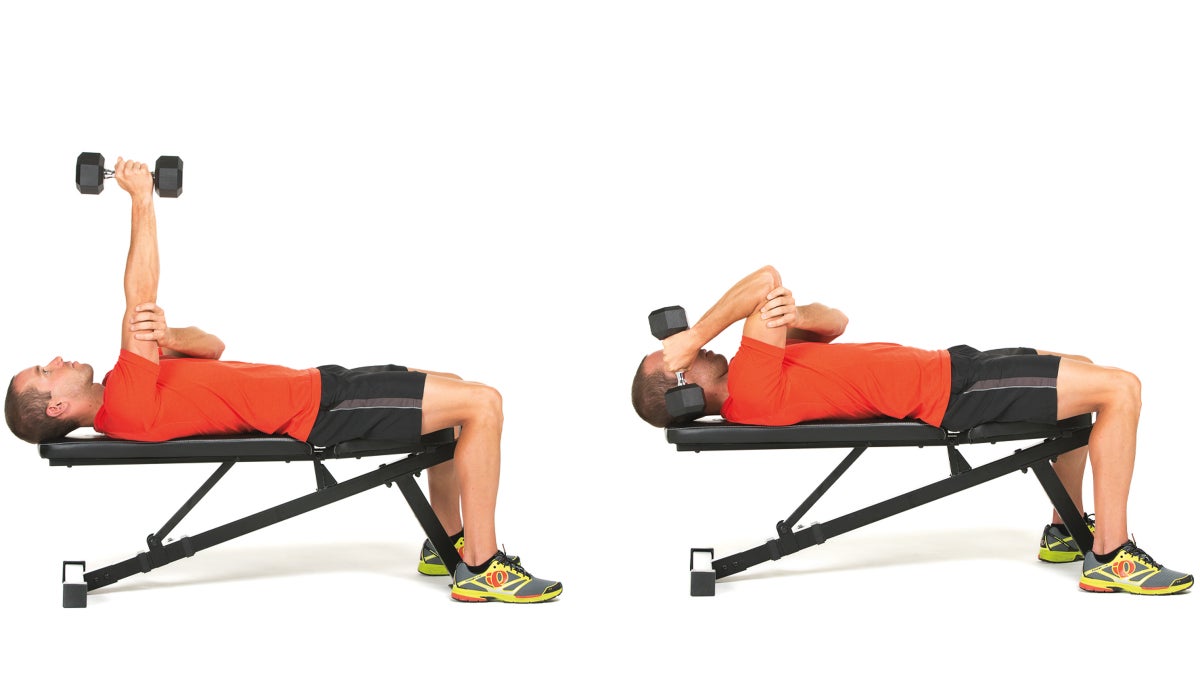
Functional fitness has emerged as a game-changer in the world of exercise, focusing on building everyday strength and resilience. Unlike traditional workouts that often isolate specific muscle groups, functional fitness emphasizes exercises that mimic real-life movements, helping individuals enhance their physical capabilities in daily activities. This approach is not just about physical enhancement; it’s about empowerment, giving you the strength and confidence to face everyday tasks with ease and reduce the risk of injury.

The Essence of Functional Fitness
At its core, functional fitness is designed to improve balance, coordination, and strength. According to the American Council on Exercise, these workouts replicate the movements you perform in your daily life, such as squatting, lifting, pulling, and pushing. By engaging multiple muscle groups simultaneously, they enhance overall physical resilience.
Functional fitness can be a boon for everyone, from athletes looking to improve their performance to seniors seeking to maintain their mobility. It's all about making your body work more effectively, allowing you to move through your life with agility and strength.
Benefits Beyond the Gym
Functional fitness isn't just about how you perform in the gym. The benefits extend into your daily life, making it easier to perform tasks like carrying groceries, climbing stairs, or even playing with your kids. The Mandel Jewish Community Center highlights that functional training programs are designed specifically to build strength and improve endurance, enhancing mobility through creative exercises and routines.
Moreover, research shows that functional fitness can significantly reduce the risk of injury. By focusing on strengthening the stabilizer muscles and improving joint function, it prepares your body to handle the physical stresses of everyday life. This proactive approach to fitness not only builds strength but also fosters long-term health and well-being.

Incorporating Functional Fitness into Your Routine
One of the most appealing aspects of functional fitness is its adaptability. Whether you're working out at home or in a gym, you can easily integrate functional exercises into your routine. Here are some expert tips to get started:
-
Diverse Movements: Incorporate exercises that involve pushing, pulling, lifting, and twisting. Simple movements like squats, lunges, and deadlifts are foundational.
-
Balance and Coordination: Exercises like the single-leg balance or using a balance board can enhance your stabilizing muscles and improve coordination.
-
Core Engagement: A strong core is central to functional fitness. Planks and rotational exercises like Russian twists can be particularly effective.
-
Progressive Overload: Gradually increase the difficulty of your workouts by adding weights or complexity to the movements to continue challenging your body.

The Social Aspect
Functional fitness is not only a solo endeavor. Engaging in group exercises can enhance motivation and bring a social element to your fitness journey. As noted by the Mandel Jewish Community Center, group fitness classes offer an engaging way to stay committed, providing a sense of community and accountability. Such classes can range from boxing boot camps to low-impact cardio, ensuring there's something to suit every preference and fitness level.
Real-Life Impact
The real beauty of functional fitness is seen in its practical applications. For instance, imagine being able to effortlessly lift a heavy suitcase into the overhead compartment on a plane or maintaining your balance on a slippery surface during a rainy day. Functional fitness prepares you for these scenarios, enhancing both convenience and safety in your everyday life.
Fitness expert and personal trainer, Kevin Faraci, emphasizes the importance of incorporating functional exercises into your routine. "Functional fitness is about creating a body that is capable of doing real-life activities in real-life positions, not just lifting a certain amount of weight in an idealized posture created by a gym machine."

Conclusion: Embrace the Change
As our lifestyles continue to evolve, so too should our approach to fitness. Functional fitness represents a shift toward more holistic and practical training methods that prioritize real-world applicability. By incorporating these exercises into your routine, you can build a more resilient body, ready to tackle the challenges of daily life with vigor and confidence.
Whether you're an athlete, a busy professional, or a senior looking to maintain independence, functional fitness offers a versatile and impactful way to improve your overall health and quality of life. Embrace this trend not just as a workout routine, but as a lifestyle change that brings strength, balance, and resilience to your everyday activities.
As we continue to redefine what it means to be fit, functional fitness stands at the forefront, promoting strength and health that go beyond the gym walls. Take the leap into this dynamic world and experience the transformative power of functional fitness.